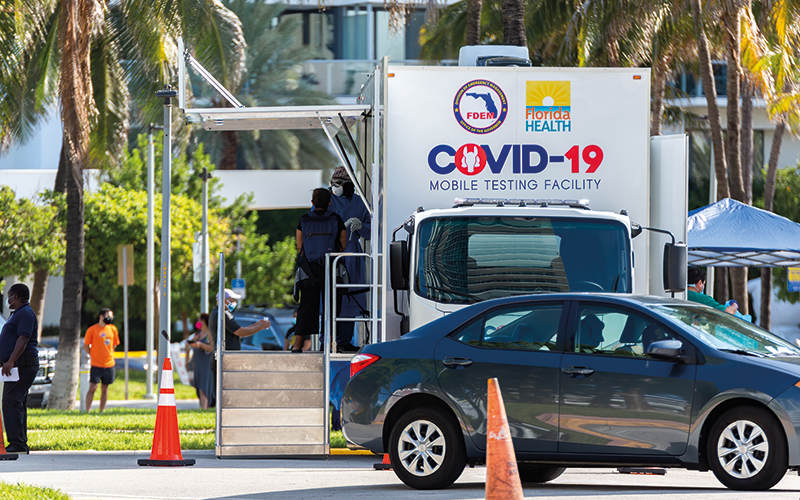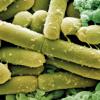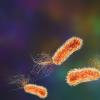Weekly COVID-19 testing, coupled with a two-week isolation period for positive cases, may be the most cost-effective strategy to tackle the spread of SARS-CoV-2 in the US when transmission is high until vaccines are widely available.

The claim comes in a modelling study published in The Lancet Public Health journal. It is the first to identify cost-effective strategies based on local transmission rates, the cost of testing and hospitalisations, and a societal willingness to pay in order to prevent COVID-19 deaths.
Since the pandemic began, countries worldwide have taken robust steps to mitigate the spread of the virus, including restrictions on movement, social distancing measures, and face mask requirements.
Globally, more than 96 million cases and over two million deaths have been reported. Estimated economic costs in the US exceeded $21 trillion in 2020.
This study suggests that until effective vaccines or antiviral drugs become widely available, mass testing is the best way to quickly identify and isolate infected cases.
While testing was initially slow and relatively expensive, costs have decreased rapidly.
To evaluate the economic trade-offs of expanding and accelerating COVID-19 testing in the US, the authors devised a model of 1000 households that was scaled up to represent the country’s 328 million residents.




